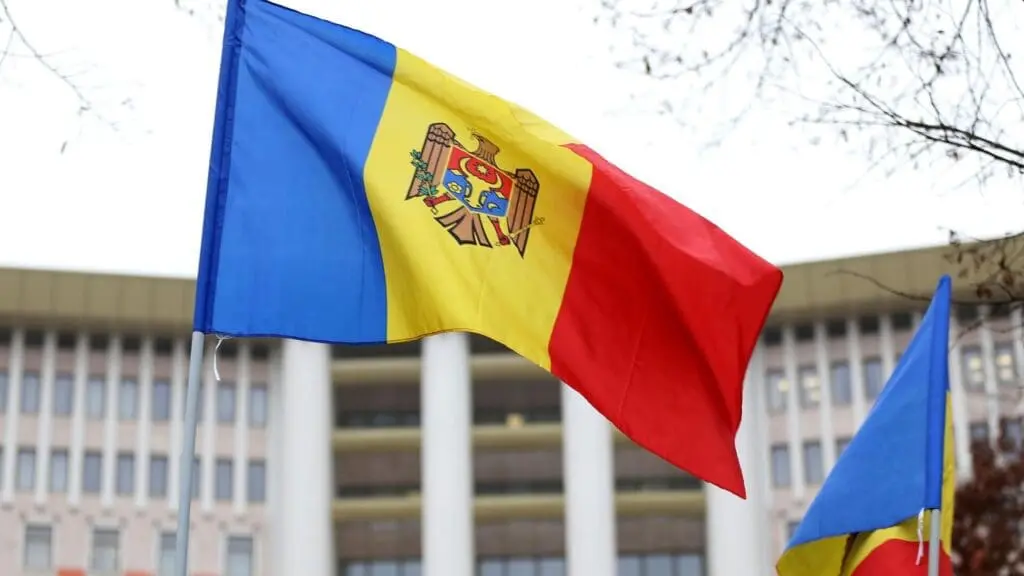Russia’s hybrid war against Moldova has become increasingly visible in the context of the invasion of Ukraine. Russia has used multiple instruments to destabilize Moldova, focusing on exploiting the country’s economic, energy and political vulnerabilities, according to a report by the Stockholm Center for East European Studies.
For example, Russia has imposed economic embargoes and used Moldova’s energy dependence on Russian gas and electricity, especially from the separatist region of Transnistria, to exert pressure on the government in Chisinau.
Another element of the hybrid war has been influence on the domestic political environment, in particular by corrupting parts of the political and economic elites. Pro-Russian parties, such as the one led by Igor Dodon and later by Ilan Shor, have been involved in influence strategies orchestrated by Russian secret services. Russia has tried to undermine the pro-European government, including through protests financially supported by oligarchs and through information manipulation.
In response, Moldova has taken steps to reduce its dependence on Russia, diversifying its energy sources and tightening legislation against separatism and Russian propaganda. In addition, Western support, particularly from the EU, has been essential in strengthening Moldova’s security and resilience capacities.
These efforts are critical to protecting Moldova in the context of upcoming election cycles, where Russian hybrid threats are expected to continue.

